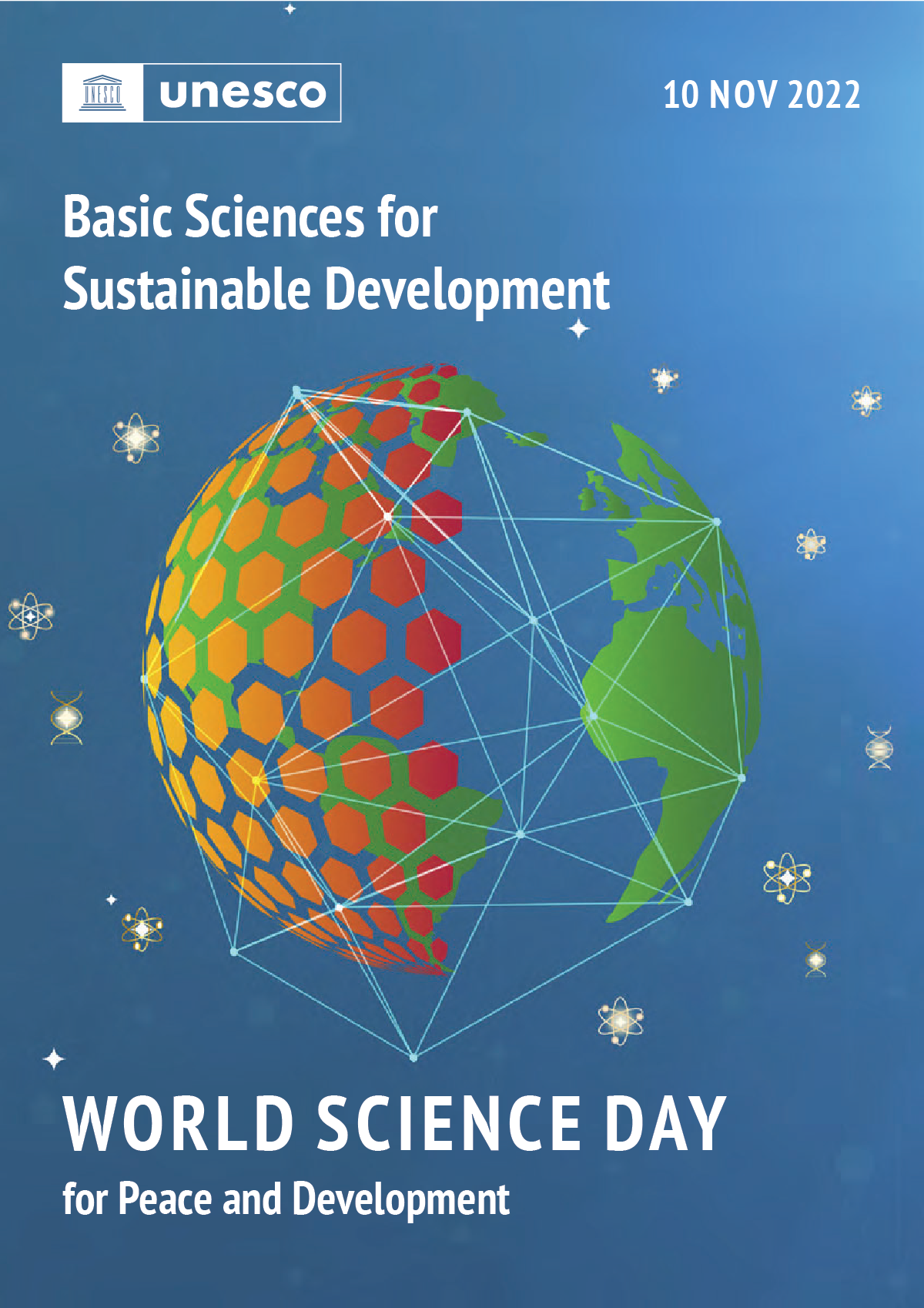Engineering biology for sustainable development
“If you want to change the world for the better, become an engineer.”
This Friday – March 4 – is World Engineering Day for Sustainable Development, a United Nations’ international day for celebrating engineers and engineering. It’s a day to recognize the critical role of engineers in achieving the UN Sustainable Development Goals (SDGs) to ensure that everyone has access to clean water, sanitation, reliable energy, and other basic human needs.
In honor of World Engineering Day for Sustainable Development, we’d like to highlight the accomplishments of iGEM teams in engineering biological solutions towards the UN’s Sustainable Development Goals:
The United Nations 17 Sustainable Development Goals (SDGs)
Undergraduate Division
Winner:
Ecuador (Ecuador) for engineering AgroBactery 593 – a bacterial platform that produces low-cost biopesticides to fight against plant diseases. SDGs: 2 - Zero Hunger, 3 - Good health and well-being, 8 - Decent work and economic growth, 9 - Industry, innovation and infrastructure, 15 - Life on land.
Nominees:
Calgary (Canada) for creating a biological approach to recover rare earth elements from discarded electronics that could revolutionize the future of e-waste recycling. SDGs: 3, 7, 8, 9, 11, 12, 13, 17.
China-FAFU (China) for designing microalgae that could reduce biodiesel production costs and support a carbon neutral economy. SDGs: 7, 8, 9, 11, 12, 13, 14.
Fudan (China) for developing a rapid detection test for Candida albicans that could be used to help women in resource-limited settings and for point-of-care analysis. SDGs: 5, 10, 12, 16.
IISER-Tirupati (India) for engineering a safe and environment-friendly contraceptive that enables uterus owners to control their fertility without compromising their health or the environment. SDGs: 3, 4, 5, 14, 17.
NU_Kazakhstan (Kazakhstan) for developing a novel agent for crude oil bioremediation that can be used for cleaning up oil spills in ecologically-sensitive areas. SDGs: 3, 4, 9, 10.
Overgraduate Division
Winner:
Marburg (Germany) for developing OpenPlast – a cell-free system to accelerate plant genetic engineering to promote innovation of agricultural crops and ensure a stable food supply. SDGs: 2 - Zero Hunger, 13 - Climate Action.
Nominees:
DTU-Denmark (Denmark) for engineering a yeast cell factory that uses methane as a carbon source and reduces greenhouse gas emissions contributing to climate change. SDGs: 2, 7, 9, 12, 13, 15, 17.
NCKU_Tainan (Taiwan) for designing a biological system to alleviate mental health conditions caused by exposure to prolonged chronic stress, which has affected the lives of many people during COVID-19 pandemic. SDGs: 3, 4, 9, 14, 17.
TUDelft (Netherlands) for creating a rapid test for micronutrient deficiencies that could enable resource-limited countries and regions effectively address the “hidden hunger” crisis caused by lack of vitamins and minerals. SDGs: 1, 2, 3, 5, 10, 12, 17.
UZurich (Germany) for designing a biological system to improve disease resistance and other agronomic traits of plants that could usher in a new era of biopesticides and biostimulants. SDGs: 2, 15.
Wageningen_UR (Netherlands) for modeling an animal-friendly and safe biological solution to decrease nitrogen emissions and reduce the ecological hoofprint of the livestock sector. SDGs: 2, 13, 15, 17.
High School Division
Winner:
TAS_Taipei (Taiwan) for designing a blood conversion kit that could be used in blood banks and processing facilities to increase the supply of universal donor blood and alleviate shortages experienced in developing countries and during times of pandemics or natural disasters. SDGs: 3 - Good health and wellbeing, 4 - Quality education, 17 - Partnerships for the Goals.
Nominees:
GreatBay_United (China) for devising an efficient and accurate method to meet market demand for bacterial endotoxin (used for disease diagnosis) and save the future of an endangered species, the horseshoe crab. SDGs: 14, 15.
Lambert_GA (United States) for developing a biological system that allows hydroponics users to proactively adjust system maintenance, ultimately increasing harvest yields and sustainability. SDGs: 2, 3, 4, 11, 17.
LINKS_China (China) for engineering a synthetic leather substitute from kombucha, spider-silk and natural dyes, without the environmental and animal cruelty problems of current industrial leather production. SDGs: 6, 13, 15.
We are proud of the accomplishments of all iGEM teams in creating a more inclusive and sustainable world by engineering biology to solve local problems and tackle global challenges. If you would like to join iGEM in addressing the UN Sustainable Development Goals, we invite you to form or join an iGEM team, become an iGEM partner or sponsor, and join us in celebrating the accomplishments of the teams at the 2022 Grand Jamboree in Paris. We look forward to welcoming you to the iGEM community!








